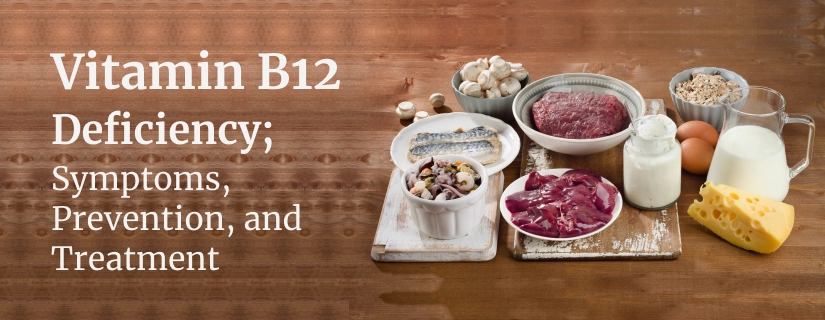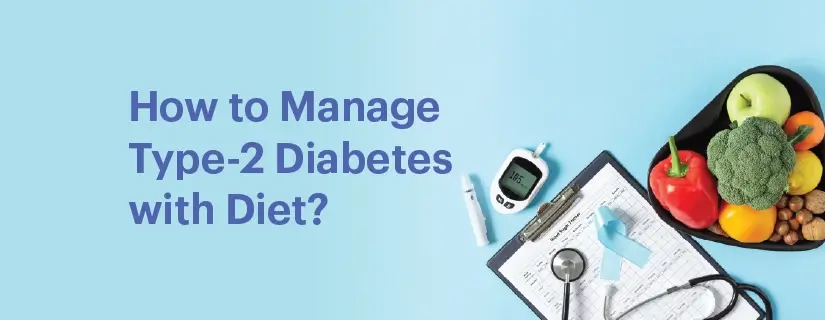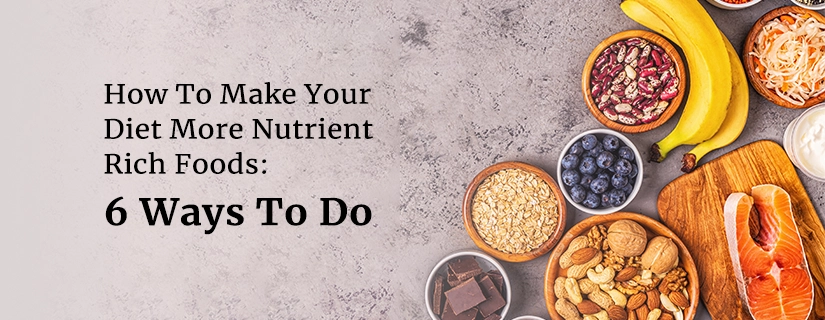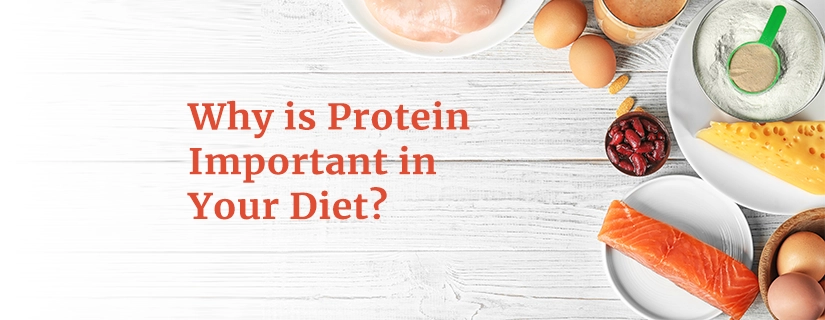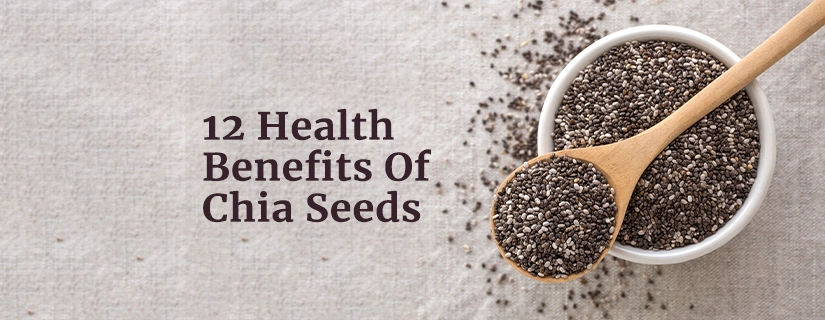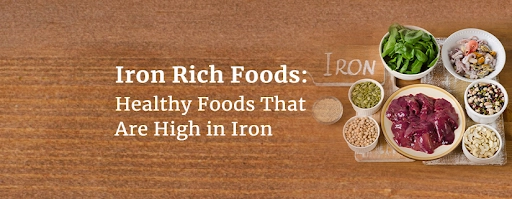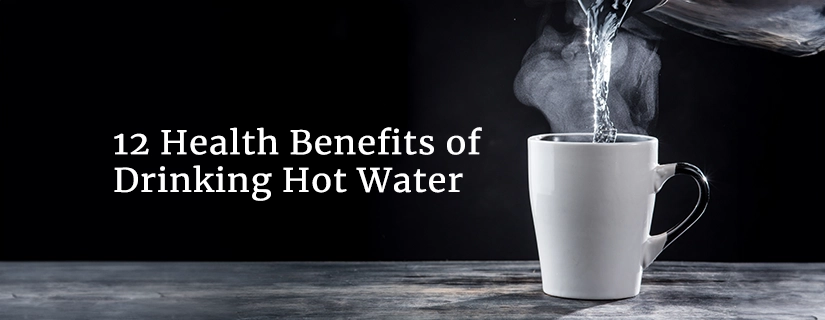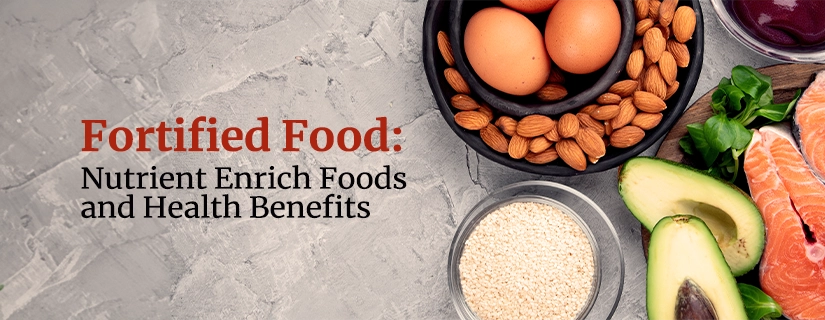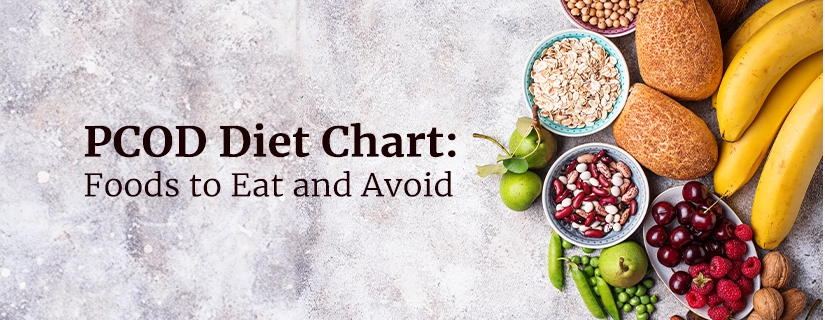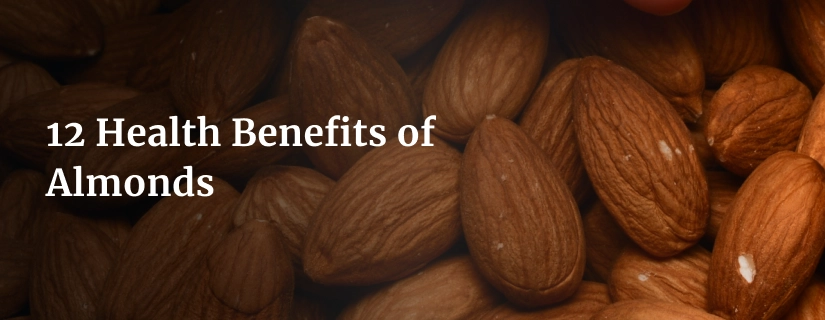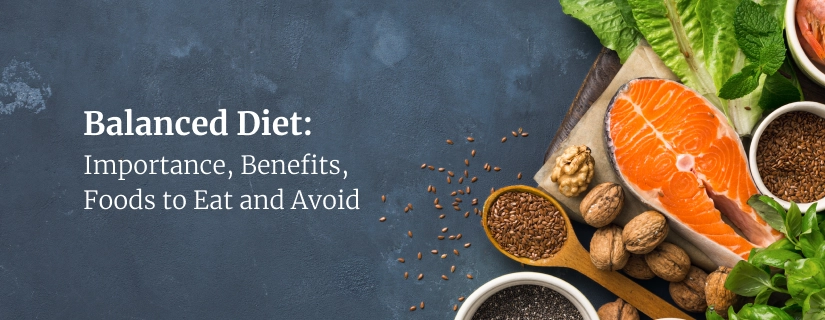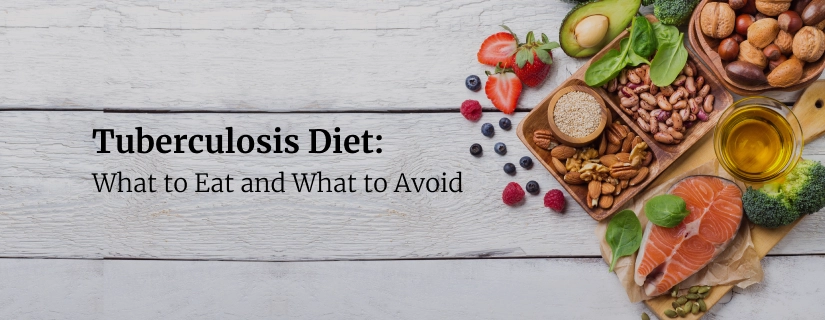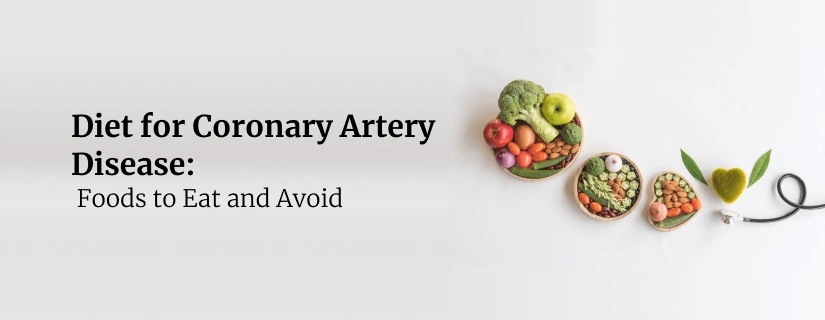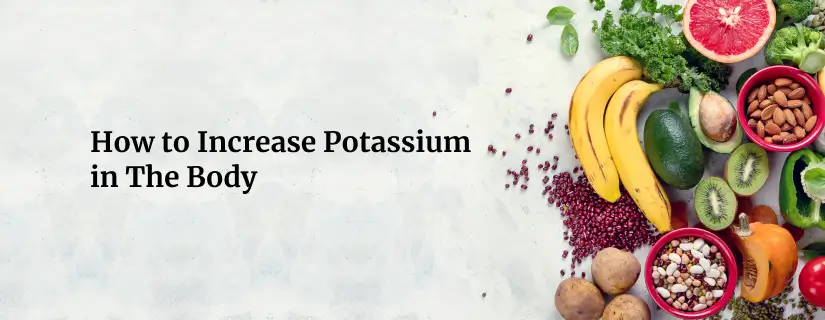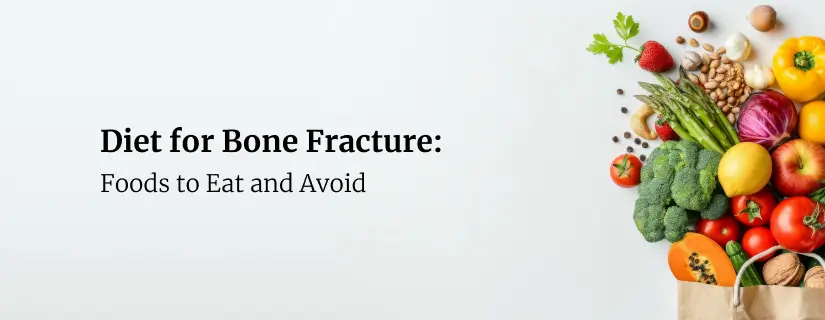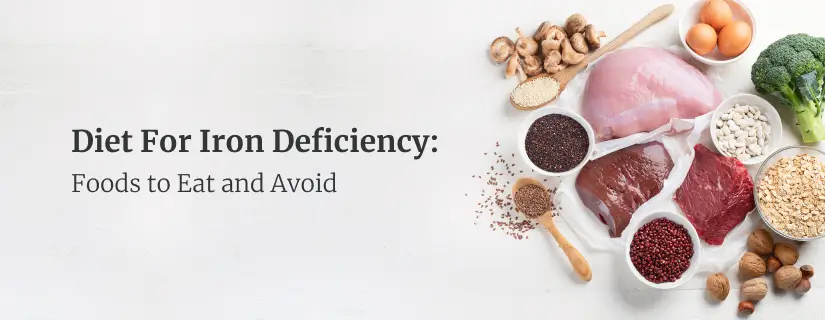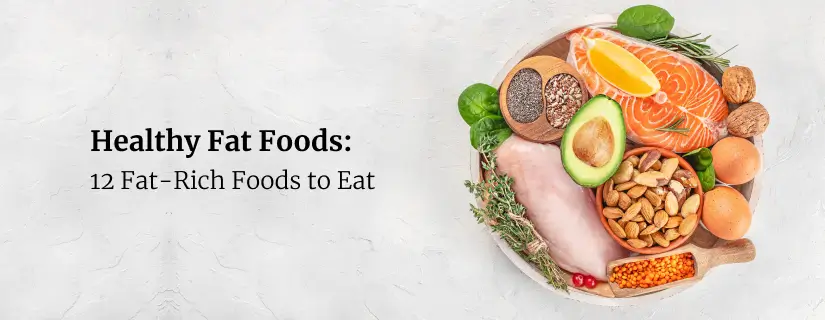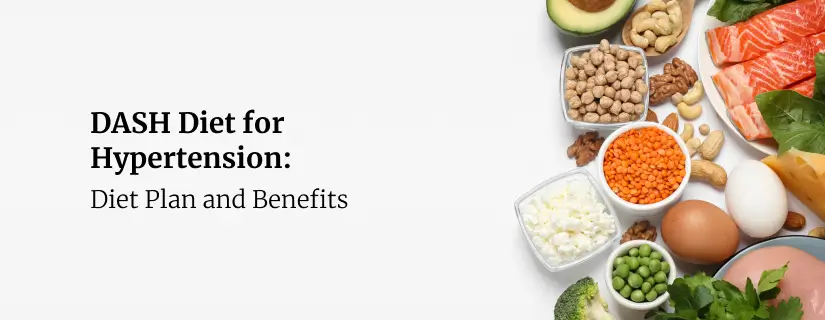-
Doctors
-
Specialities & Treatments
Centre of Excellence
Specialties
Treatments and Procedures
Hospitals & Directions HyderabadCARE Hospitals, Banjara Hills CARE Outpatient Centre, Banjara Hills CARE Hospitals, HITEC City CARE Hospitals, Nampally Gurunanak CARE Hospitals, Musheerabad CARE Hospitals Outpatient Centre, HITEC City CARE Hospitals, Malakpet
HyderabadCARE Hospitals, Banjara Hills CARE Outpatient Centre, Banjara Hills CARE Hospitals, HITEC City CARE Hospitals, Nampally Gurunanak CARE Hospitals, Musheerabad CARE Hospitals Outpatient Centre, HITEC City CARE Hospitals, Malakpet Raipur
Raipur
 Bhubaneswar
Bhubaneswar Visakhapatnam
Visakhapatnam
 Nagpur
Nagpur
 Indore
Indore
 Chh. Sambhajinagar
Chh. SambhajinagarClinics & Medical Centers
Book an AppointmentContact Us
Online Lab Reports
Book an Appointment
Consult Super-Specialist Doctors at CARE Hospitals
Tips for Healthy Weight Loss & Dieting
Updated on 8 November 2022
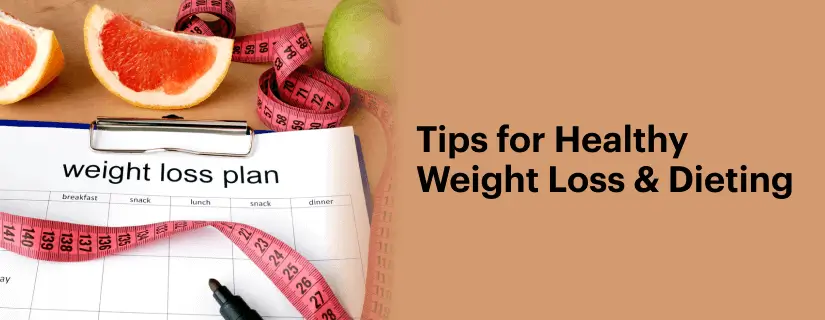
Table of Content
From time immemorial, one of the most common issues among people is uncontrolled weight gain. An increase in body mass by an increased intake of fats and no exercise results in weight gain. The causes of obesity & weight gain are many in number and are a very serious concern. It might represent the underlying major medical conditions such as diabetes, cancer, heart disease, strokes, etc. It is also a major concern in people who are dealing with depression and anxiety.
However, people concerned with losing weight may have heard of several unregulated products to help lose weight. While lack of exercise may be a contributory factor, there may be a number of health issues that cause weight gain. Reach out to your doctor for the best way to lose weight before it is too late.
Lose Weight Naturally
Here are a few tips for healthy weight loss:
-
Eat Slow Not Low
A lot of people have a misconception that eating less reduces weight. When a person eats less, the body does not get the required nutrients such as proteins, carbs, vitamins, etc. to function properly. Eating less will only make you weak and tardy.
However, eating slowly means chewing the food slowly and completely. While chewing slowly, the food tastes better and it makes the food easy to digest. This being said, do not skip any meals to narrow the waistline. Most people skip breakfast in a hurry to get to school, college, work, etc. This is not advised. After waking up from sleep, the body needs the energy to function throughout the day. This is why breakfast is the most vital meal of the day.
-
Exercise
There is a large portion of people who do not get time for exercising their bodies. However, a lot of people also have a misconception that exercising requires a lot of time and can be done only under the supervision of a trainer. This is not true. Studies have shown that brisk walking for only 25-30 minutes a day can make a huge difference in the day. Studies have also shown that exercising even for 5 minutes of the day and steadily increasing the duration and workout routine will help in creating a balance. Exercising not only reduces the fat and calories in the body but also helps in curing any health-related problems.
-
Weigh the Calories
There is a difference between good calories and bad calories. Good calories, as the name suggests, are favourable to the body and provide the necessary nutrients to function. A bad calorie diet includes junk food or other unhealthy food. Understanding the difference and the intake of the type of calorie is very significant. For example, an apple approximately contains 25 calories while a diet coke contains 0-4 calories. Though diet coke will not contribute to your body, it is a bad calorie. An apple gives 25 calories and is considered a good calorie as it provides the body with supplements. Know the difference, bring the difference.
-
Avoid Unhealthy Habits
Drinking alcohol, smoking cigarettes, snacking on junk foods, etc. store a large volume of fat in your body. Apart from gaining weight, these habits also give rise to numerous health problems and decrease a person’s life span. Follow a proper diet plan.
-
Avoid Dehydration
Always make it a point to drink ample water during the day. Drinking approximately 3 litres of water helps you keep yourself focused and active for a long time.
-
Nutritional Food
Consume food and veggies that are rich in fibre, proteins, etc. Cut back on liquid calories, carbonated drinks, junk food, and sugar. Whenever you crave a snack, munch on cucumbers, nuts, carrots, etc. Usually, the stomach creates an illusion of hunger, do not fall for it.
- Eating protein with meals
Protein has the ability to influence appetite hormones, contributing to a sense of fullness. This is primarily attributed to a reduction in the hunger hormone ghrelin, coupled with an increase in satiety hormones such as peptide YY, GLP-1, and cholecystokinin.
Studies conducted on young adults have indicated that the hormonal impact of consuming a high-protein breakfast can extend over several hours.
Optimal selections for a breakfast rich in protein encompass eggs, oats, nut and seed butters, quinoa porridge, sardines, and chia seed pudding.
- Getting a good night’s sleep
Numerous studies have indicated a higher prevalence of obesity in individuals who sleep less than 5–6 hours per night. Various factors contribute to this association.
Insufficient or poor-quality sleep has been suggested to impede the body's metabolic process, slowing down the conversion of calories into energy. This inefficiency in metabolism may lead to the storage of unused energy as fat. Additionally, inadequate sleep can foster insulin resistance and elevate cortisol levels, both of which contribute to the accumulation of fat.
The duration of sleep also plays a role in regulating the hormones responsible for appetite control, namely leptin and ghrelin. Leptin communicates feelings of fullness to the brain.
Conclusion
As there exists a heap of misguided advice and tips to lose weight, always verify and confirm the plan that works the best for your body. Always pick a time to exercise even if it is for a few minutes. It takes time to lose weight with the right weight-loss plan. But sticking to the plan and consistency is what will trim your waistline. However, obesity is not a joke. Working towards it and reducing health problems is essential.

ENQUIRY FORM
SELECT CATEGORIES
-
Neurosciences (16)
-
Neurology (37)
-
Neurosurgery (14)
-
Orthopaedics (47)
-
Oncology (33)
-
Obstetrics and gynecology (51)
-
Pulmonology (22)
-
Urology (20)
-
Nephrology (13)
-
Psychiatry (7)
-
Dietetics and Nutrition (109)
-
General Medicine (62)
-
Cardiac Sciences (30)
-
Vascular & Endovascular Surgery and Interventional Radiology (10)
-
Gastroenterology (46)
-
Endocrinology (23)
-
Plastic Surgery (10)
-
Critical Care Medicine (5)
-
COVID-19 (16)
-
Dermatology (16)
-
Emergency Care (1)
-
Ophthalmology (4)
-
Pediatrics (14)
-
Laparoscopic and Bariatric Surgery (8)
-
ENT (15)
-
Kidney Transplant (1)
-
Liver Transplantation and Hepatobiliary Surgery (5)
-
General Surgery (3)
-
Internal Medicine (5)
-
Medicine Information
What is the Healthy Diet for Children?
Type 2 Diabetes Diet: Foods to Eat and Avoid
YOU MAY ALSO LIKE
RECENT BLOGS
-

Implantation Bleeding Vs Periods: Know the Difference
28 February 2025
Read More
-

Bloating During Ovulation: Symptoms, Causes and Remedies
28 February 2025
Read More
-

Itching During Dengue: Causes, Treatment and Home Remedies
18 February 2025
Read More
-
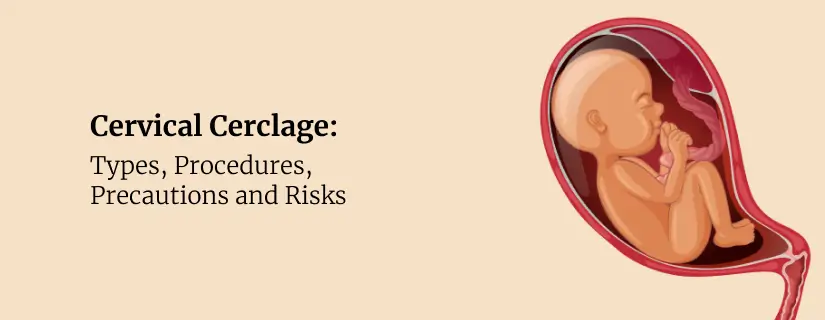
Cervical Cerclage: Types, Procedures, Precautions and Risks
18 February 2025
Read More
-

Everything to Know About Erythrocyte Sedimentation Rate (ESR)
12 February 2025
Read More
-

Human Metapneumovirus (HMPV): Symptoms, Causes, Diagnosis and Treatment
6 January 2025
Read More
-

How to Reduce SGPT Quickly
6 January 2025
Read More
-

Vitals Signs: Types, Normal Ranges and How to Track
24 December 2024
Read More
Have a Question?
If you cannot find answers to your queries, please fill out the enquiry form or call the number below. We will contact you shortly.










